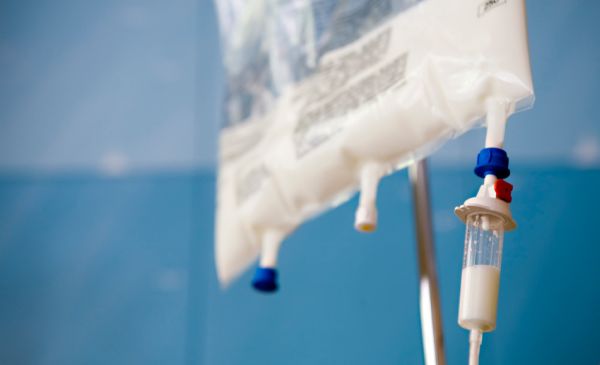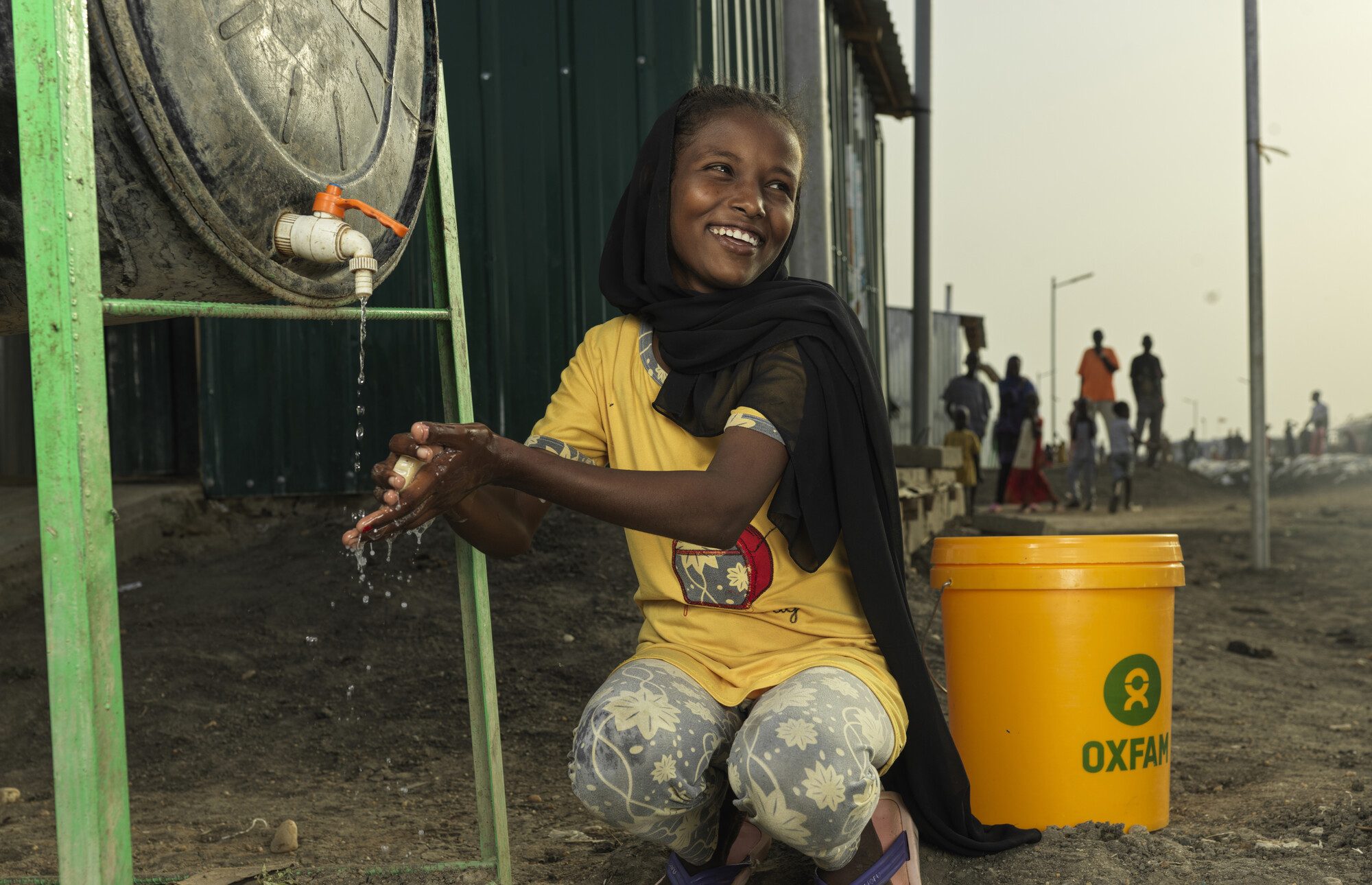English / Bahasa
Late last year Sewani fell seriously ill to Dengue fever and spent many weeks recovering in hospital and at home. She shares her experience below…
Before I fell ill, I hadn’t been feeling well enough to work for two or three days. But I still went to work because I wouldn’t be able to get sick leave without a certificate from the factory clinic.
That week it had rained continuously. One evening I didn’t go straight home after work, but instead went with a friend to her house. While travelling there in a small public bus we got stuck in heavy traffic on a flooded street. We were stranded in the traffic for around two hours, with the flood waters rising to our waists. I suspect that this is where I was bitten by a mosquito and infected with Dengue fever.
The first day of the fever’s onset, I was working at the factory. I then went to the factory clinic where the doctor ordered me to stay the night. The next day, I was referred to the hospital. I was nursed in hospital for a week and then several times as an outpatient.
All the costs were covered by the company’s employee health insurance (government mandated insurance in Indonesia that employers must cover). But there were three times I had to pay for treatment myself. They said that I would have to pay for my own vitamins or supplements because these weren’t covered by the health insurance.
While in hospital, my mother came to keep me company. My mother continued to work each day but in the evenings she wouldn’t go home but instead came straight to the hospital. I felt bad for my mother, but she wouldn’t have it any other way.
The tricky thing was that at the same time I was sick, my older brother and his children were also ill with Dengue Fever. So my brother and his wife were unable to take over from my mother and keep me company.
It’s true that the cost of my treatment was covered by the company’s insurance. However we still had to spend quite a lot of money, especially for my mother’s transport costs. This cost quite a bit because the hospital was a long way from our house and also from my mother’s factory. Obviously I couldn’t get any additional pay (e.g. from overtime) for the whole time I was sick. So basically, being sick is a financial disaster!
After leaving the hospital, I had to return to work immediately. As soon as I returned to work, my supervisor ordered me to go to the clinic so that they could check whether I was fit for work. No one told me anything, but when I was ordered to work the very next nightshift, I came to the conclusion that the clinic doctor must have reported that I was 100% healthy again.
Have a question?
I might not be able to respond straight away but I’m happy to answer your questions about my life in Indonesia and my job at the sports shoe factory.
Image: OxfamAUS
Related Indonesian Entry – Bahasa Indonesia
Demam Berdarah
Sebelum jatuh sakit, saya memang sudah 2-3 hari merasa tidak fit untuk bekerja. Tapi saya terus saja masuk kerja, karena untuk minta ijin tanpa surat keterangan sakit dari klinik, pasti tidak dikasih.
Sepanjang minggu itu memang hujan terus. Sekali waktu, pas pulang kerja, saya tidak langsung pulang. Saya ikut teman ke rumahnya. Dalam perjalanan dengan angkot (angkutan kota/public transport), kami terjebak di jalan yang sudah kena banjir. Sekitar 2 jam angkot itu terjebak di jalan yang macet dan banjir, sehingga kami yang duduk di dalam angkot itu juga tergenang air sampai di pinggang. Saya curiga, di situlah saya kena gigitan nyamuk DBD (Demam Berdarah Dengue).
Pada hari I saya sakit, saya sedang berada di pabrik. Saya lalu ke klinik pabrik, dan oleh dokter disuruh untuk nginap di klinik. Hari kedua, baru saya dirujuk ke rumah sakit.
Saya dirawat di rumah sakit selama 1 minggu, dan sesudah itu beberapa kali control/rawat jalan. Semua biaya di-cover oleh Jaminan Kesehatan perusahaan. Tapi ada 3 kali saya mendapat resep dokter secara terpisah dari resep lainnya. Katanya, karena hanya vitamin, saya harus beli/bayar sendiri, tidak bisa ditebus bersama-sama obat lain yang di-cover oleh asuransi itu.
Selama di rumah sakit itu, ibu saya selalu menemani saya. Ibu tetap bekerja setiap hari, tapi sorenya ibu tidak pulang ke rumah, ibu langsung ke rumah sakit. Saya kasihan, tapi ibu maunya begitu. Soalnya, pada saat yang sama, kakak saya dan anaknya juga sedang demam. Jadi kakak saya ataupun ipar saya tidak bisa menggantikan ibu menemani saya.
Memang benar, biaya perawatan saya ditanggung oleh perusahaan (melalui asuransi). Tapi kami tetap keluar uang banyak juga, untuk transport ibu terutama. Lumayan besar juga, karena rumah sakitnya jauh dari rumah, juga jauh dari pabrik ibu. Saya jelas-jelas tidak mendapatkan penghasilan tambahan (dari lembur) selama sakit. Jadi pada dasarnya, sakit itu benar2 merugikan.
Setelah keluar dari rumah sakit, saya harus langsung masuk kerja. Begitu masuk kerja, supervisor saya menyuruh saya ke klinik untuk diperiksa apakah benar-benar sudah bisa bekerja normal. Saya tidak diberitahu apa-apa, tapi dengan kenyataan bahwa saya disuruh langsung kerja shift malam, saya berkesimpulan bahwa dokter klinik menyatakan saya sudah sehat 100%.
Foto: OxfamAUS



